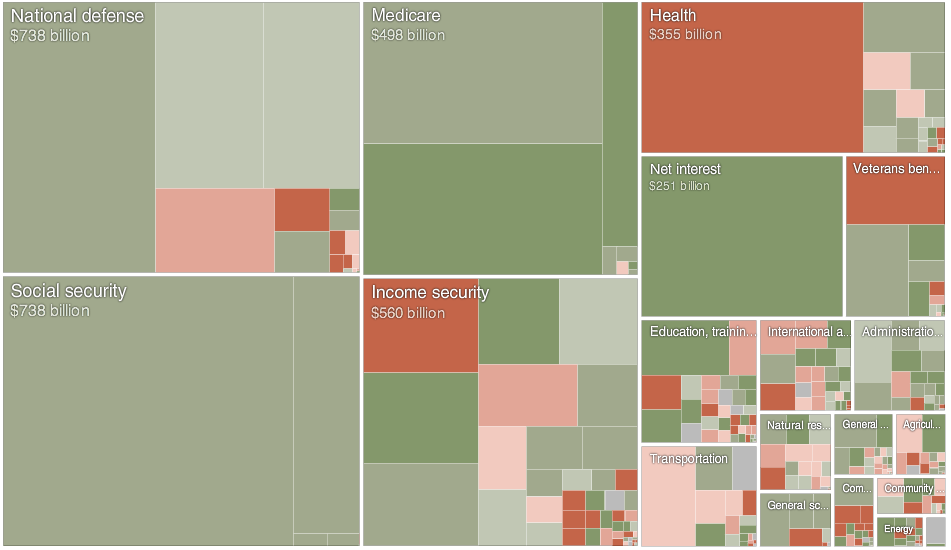From the Express Times:
“For the first time in 15 years, someone has formally challenged the use of a book in the Easton Area School District curriculum.
Eric Adams, a Lower Saucon Township resident and Easton Area High School graduate, said the book “Nickel and Dimed” contains objectionable material and advocates a specific political agenda with a decidedly socialist bent.”
It is worth noting that Adams does not have any children attending EAHS, but rather is a graduate of the school.





